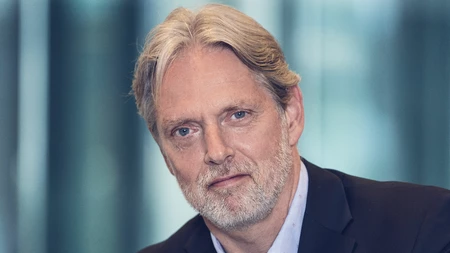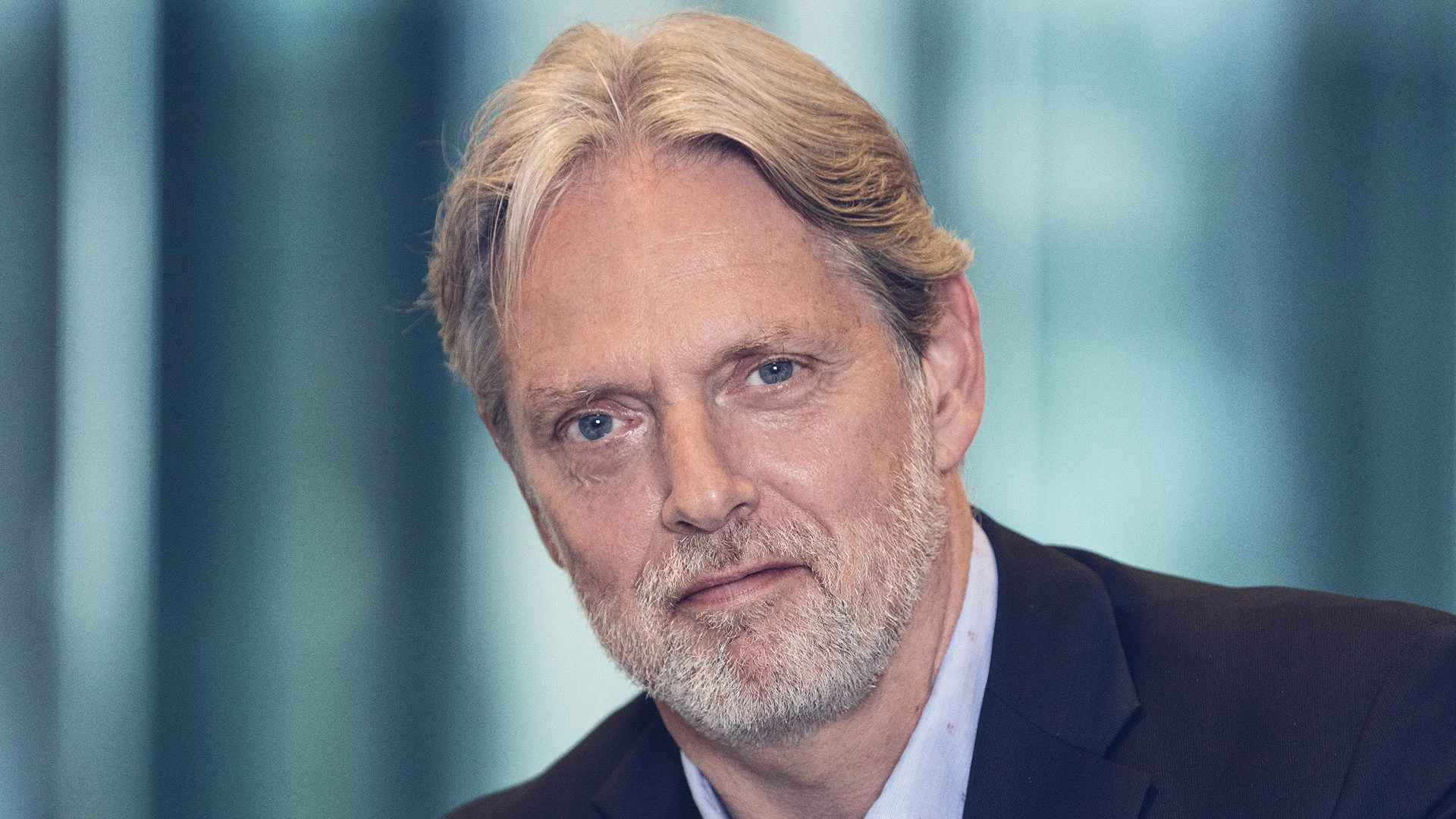
- Name:
- Helge J. Pedersen
- Title:
- Nordea Group Chief Economist
The war in Ukraine and new Covid-related lockdowns in China put the global economy under pressure. Commodity and energy prices have risen sharply, and delivery times for many goods and materials are long. Inflation in the Western world has risen to its highest level since the 1980s. Central banks have become even more determined to apply the brakes before inflation trends become self-reinforcing. This is also the case in the Nordic countries.

The war in Ukraine and comprehensive Covid-related lockdowns in China have drastically weakened the global economic outlook for this year – through higher energy and commodity prices as well as potential long delivery times for materials and many consumer and investment goods. Also, consumer and business confidence has been hit by the general uncertainty and high inflation. This could result in lower spending and investment activity. And when global economic growth falls, foreign trade will also be hit. So this is one long negative chain reaction.
Against this background, we have significantly revised down our estimate for the global economy this year from 4.1% in January to now 3.3%. We expect global growth to slow even further to 3.2% in 2023. Due to the proximity to the war zone, growth in Europe will especially be affected, while the US economy is much more shielded. Meanwhile, in China the development of the pandemic is crucial for growth there. Geopolitics, high inflation and new resistant Covid-19 variants pose the biggest risks to the growth outlook.
Inflation started to rise already towards the end of last year and has now reached the highest level in the Western world since the beginning of the 1980s. Consequently, central banks have started to announce sharp monetary policy tightening to counteract developments before they spiral out of control and become self-reinforcing.
The record-high inflation will inevitably slow economic activity, and this may be reinforced by the announced tightening of monetary policy. If, contrary to expectations, inflation takes hold at the current high levels, the global economy risks facing a longer period of stagflation, that is, economic stagnation and high inflation, just as in the 1970s.
However, there are large differences between then and now. For example, demographics. In the 1970s, the baby boomers were entering the labour market, and when the crisis hit, unemployment skyrocketed and stayed at a high level due to the simultaneous increase in the labour supply. Today, the baby boomers are retiring, and the Western world is struggling with labour shortages. An economic recession will thus not necessarily result in a deep labour market crisis as in the 1970s.
The era with negative interest rates is coming to an end.
Strong forces are pulling in the direction of increasing public-sector demand over the coming years. The war in Ukraine has also put security policy at the top of the agenda in the European countries, which means a sharp increase in defence spending. Also, the green transition will be accelerated due to REPowerEU – the EU's landmark decision to become independent of Russian energy. Consequently, it is very likely that public-sector demand will increase at the expense of private-sector demand as a direct consequence of the conflict in Ukraine.
Globalisation may be challenged by this decade’s big events – the pandemic and the war in Ukraine. Many companies will do what they can to protect themselves against the risk of new breakdowns of global value chains, for example, by producing and trading more locally with politically allied countries, but still without giving up large and growing markets such as Asia, Latin America and Africa. The concept of glocalisation, a combination of the words globalisation and localisation, could therefore become a new buzzword in the boardroom.
The Nordic countries also feel the effects of the war in Ukraine. However, before the war, activity was high in all the countries, and the risk of overheating was the common Nordic economic narrative. Also, the direct effects via trading and energy dependency on Russia are limited. This applies especially to the Nordic countries. For historical reasons, Finland has a closer connection to the Russian economy than Denmark, Sweden and Norway, albeit to a much smaller extent now than at the beginning of the 1990s when the USSR collapsed. And in Norway the drastic increases in oil and gas prices actually generate huge revenues and high economic activity.
But inflation is also at its highest level in many years in the Nordic countries. Consequently, the central banks in Norway and Sweden have already started to tighten monetary policy, while they will wait a couple of months in Finland and Denmark for the ECB to follow suit. The era with negative interest rates is thus coming to an end.
This editorial first appeared in the Nordea Economic Outlook: Under Pressure, published on 11 May 2022. Read more from the latest Nordea Economic Outlook.


Sustainability
Amid geopolitical tensions and fractured global cooperation, Nordic companies are not retreating from their climate ambitions. Our Equities ESG Research team’s annual review shows stronger commitments and measurable progress on emissions reductions.
Read more
Sector insights
As Europe shifts towards strategic autonomy in critical resources, Nordic companies are uniquely positioned to lead. Learn how Nordic companies stand to gain in this new era of managed openness and resource security.
Read more
Open banking
The financial industry is right now in the middle of a paradigm shift as real-time payments become the norm rather than the exception. At the heart of this transformation are banking APIs (application programming interfaces) that enable instant, secure and programmable money movement.
Read more